Images of elephant
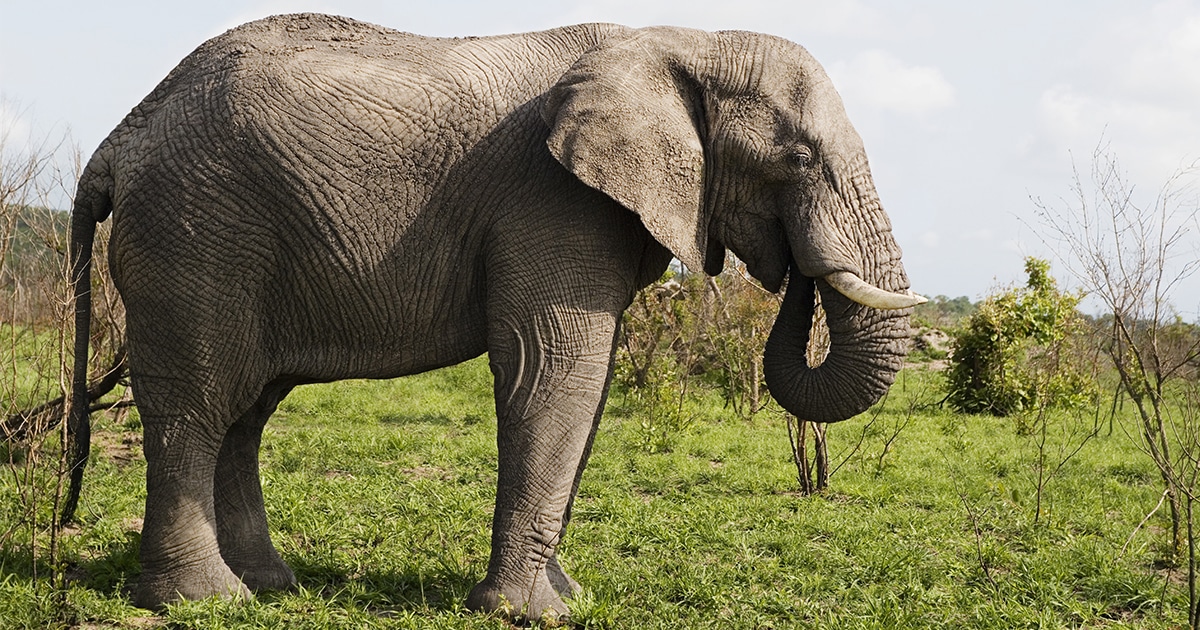
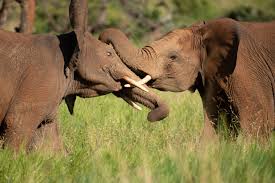
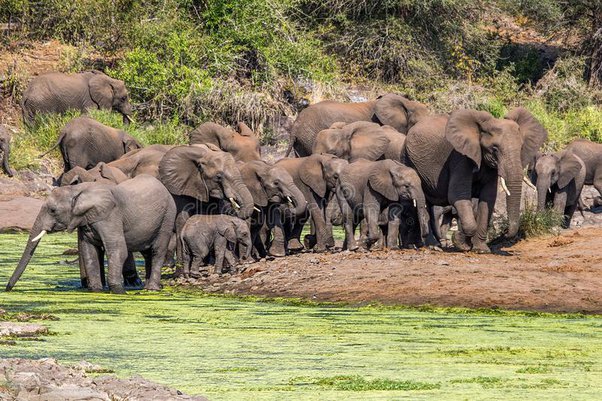
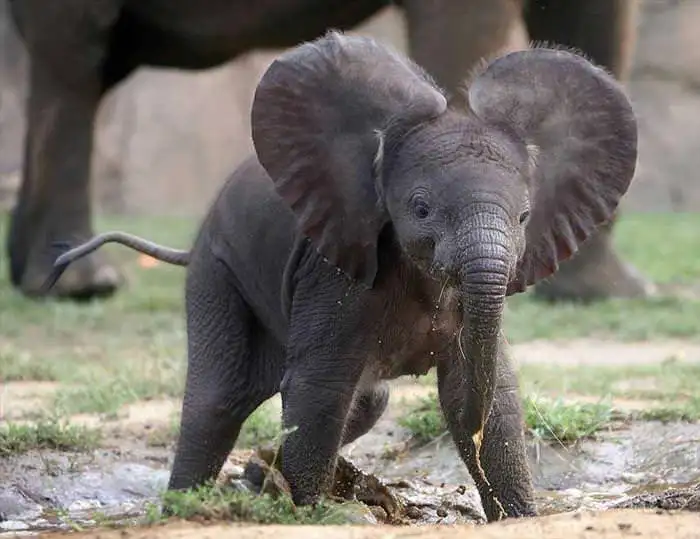
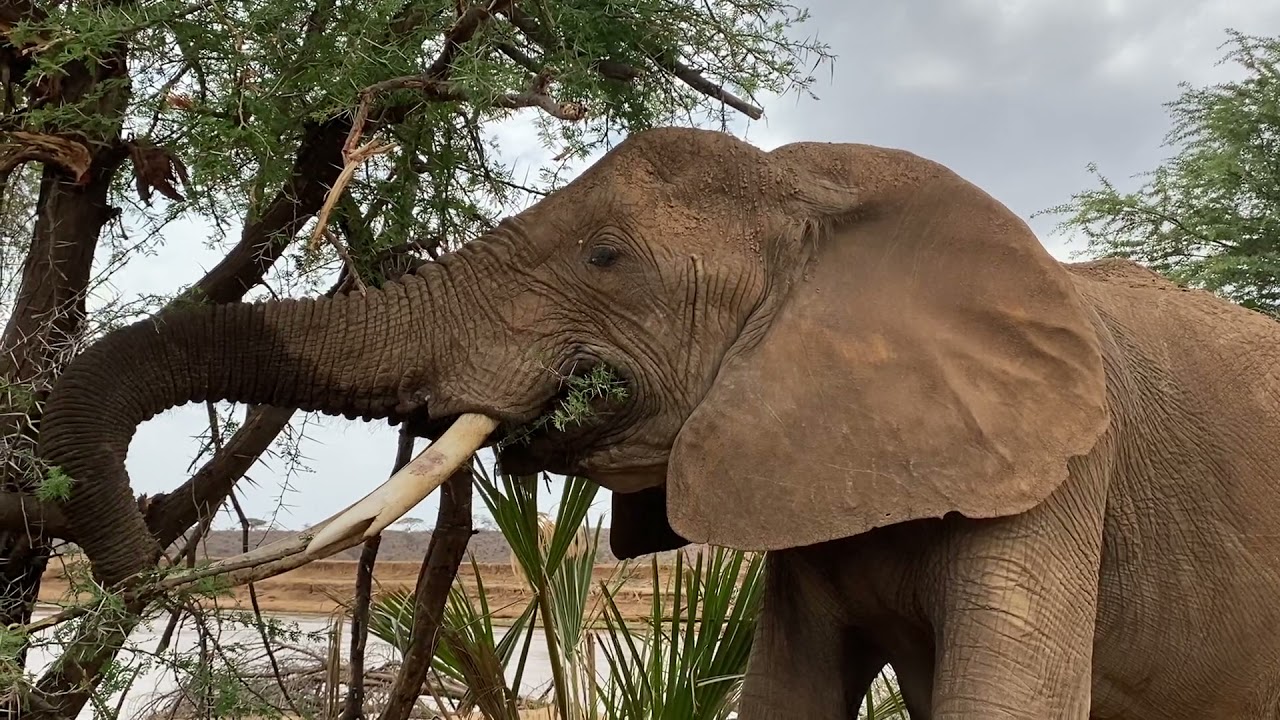
Details of elephant
Elephants are the largest land animals on Earth and are known for their impressive size, intelligence, and social behavior. Here are some brief details about elephants, including their habitat, size, and other characteristics:
Habitat:
Elephants inhabit a variety of ecosystems across Africa and Asia. They can be found in a range of habitats, including savannas, forests, swamps, and deserts. Their specific habitat can vary depending on the species.
Diet:
Elephants are herbivores with a primarily vegetarian diet. They consume a wide variety of plant matter, including grasses, leaves, fruits, and bark. They are known to eat large quantities of food each day to support their massive size.
Social Structure:
Elephants are highly social animals and live in matriarchal family groups known as herds. These herds are led by a dominant female known as the matriarch. Males typically leave the herd when they reach maturity and may lead solitary lives or form small bachelor groups.
Intelligence:
Elephants are renowned for their intelligence and problem-solving abilities. They have large brains and are known to exhibit a wide range of complex behaviors, including tool use and long-term memory.
Conservation Status:
Both African and Asian elephants face conservation challenges due to habitat loss, poaching for their ivory tusks, and conflicts with humans. They are listed as vulnerable and endangered species, respectively, and conservation efforts are in place to protect and preserve these majestic animals.
Cultural Significance:
Elephants hold cultural and religious significance in many societies around the world. They are often revered as symbols of wisdom, strength, and good luck.
Communication:
Elephants use a variety of vocalizations, body language, and infrasound (low-frequency sound waves) to communicate with each other over long distances.
Longevity:
Elephants have relatively long lifespans, with some individuals living up to 70 years or more in the wild.
Elephants are keystone species in their ecosystems, playing a critical role in shaping their environments by creating water holes, dispersing seeds, and modifying vegetation. Their conservation is vital for maintaining the health and biodiversity of these ecosystems.